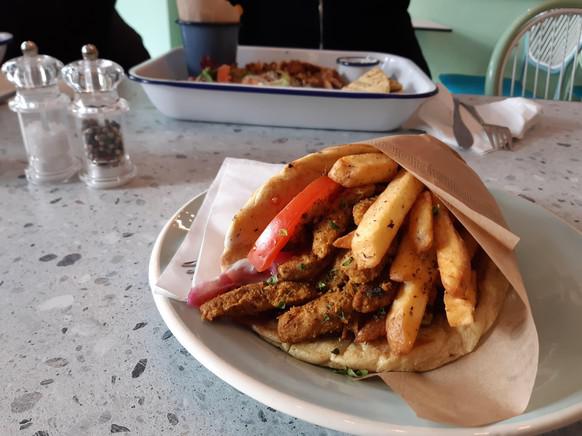
In life there are always difficult situations and setbacks. This can be a separation, a job loss, family conflicts, but also the persistent difficulties of the Corona pandemic. How well we can deal with such crises has a lot to do with self-love. Because our mental resistance is based on this ability, which we should already learn as small children.
Self-love as a core skill in crisis: I & APOs; m good as I am
Self-love is the deep inner knowledge that we are just as we are, good and above all good enough. Regardless of whether we are currently getting divorced or experiencing a great success in the job. Our value as a human being is completely detached from these external circumstances and (mis-) achievements. We have to anchor this feeling deep within ourselves-and that is best already during our childhood.
"the first years are central to the development of mental resistance," explains Miriam Prieß to the "Business insider". The doctor is a specialist in anxiety, depression and burn-out. That is why the relationship we have with our parents during our first years of life is so important for the development of our self-love. For what they experience us-both in dealing with each other and in dealing with us-shapes us throughout our lives. Parents should therefore meet their children with loving interest for them as their own persons.
Many parents make this mistake with their children in terms of self-love
Instead, many parents suggest to their children-though often unconsciously-that they are only or at least more loved if they meet certain expectations, for example when they are "dear". However, these educational methods can be fatal, because they lay the foundation for children to repeat these learned patterns of conditional love in their later lives.
It is important that parents meet their offspring at eye level. Only in this way can children learn that they Don & APOs; t have to change to be loved. "in order for us to be open to ourselves, to show compassion to ourselves and to others and to develop self-love, our parents must show us: as you are, you are good. It is not all good that you do-but you, you are good," says Miriam Prieß. This clear distinction between our unconditional value as a human being and our actions, as well as what happens to us, is essential. Only in this way can we, as adults, practice this self-love and build resilience in dealing with crises.







